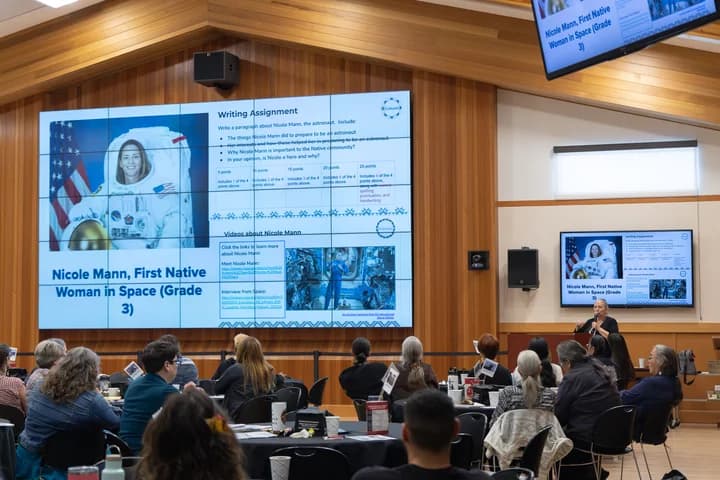Cal Poly Humboldt Dining Promises Fall Short on Sustainable Sourcing
Investigative student reporting on November 13, 2025 found a gap between Cal Poly Humboldt public commitments to local sourcing and the reality of campus dining after services were outsourced to Chartwells in 2021. The findings matter to local residents because much food continues to arrive through large distributors, single use plastics persist, and promised sustainability investments from one time signing bonuses have not materialized.

Student reporting and local coverage on November 13, 2025 documented a persistent mismatch between Cal Poly Humboldt’s sustainability pledges and the food students are served on campus. Since outsourcing campus dining to Chartwells in 2021, the university publicly committed to increasing local sourcing and reducing waste. Investigators found that a substantial portion of food still comes through Sysco and other large national distributors and is trucked long distances to campus, single use plastics remain in circulation, retail prices in campus markets are notably higher than comparable off campus stores, and waste tracking data from campus operations is inconsistent.
The reporting also identified that the university received significant one time signing bonuses from Chartwells when the contract began, but those funds have not been clearly reinvested into the sustainability improvements that were promised. Both the university and Chartwells supplied comment to the reporting. Students interviewed in the investigation expressed frustration over price, perceived decline in quality, and lack of follow through on earlier sustainability pledges.
The practical implications for Humboldt County are concrete. Local farmers and food producers expected to gain new institutional contracts under the university’s stated goals, yet reliance on major national distributors limits opportunities for local suppliers. Continued long distance transport increases greenhouse gas emissions, undercutting the campus commitment to environmental stewardship. For students, higher retail markups and ongoing use of single use packaging affect daily budgets and campus life.
Institutionally, the findings raise questions about contract design and oversight. Promises in vendor agreements require measurable standards, regular audits, and enforceable reinvestment requirements to ensure that one time payments translate into sustained infrastructure or procurement changes. The inconsistent waste tracking noted in the reporting makes it difficult for administrators, students, and community stakeholders to verify progress or hold parties accountable.
The issue underscores a broader governance point about transparency and civic engagement. Students and local residents have avenues to press for change through student government processes, university oversight meetings, and public commentary to trustees and administrators. Clearer public reporting on procurement data, vendor performance, and the disposition of signing bonuses would allow voters and campus constituents to make informed evaluations of leadership decisions.
As the university and its dining contractor respond to the investigative coverage, the questions raised by students and community members about accountability, local economic impact, and environmental performance are likely to remain central to campus debate. Humboldt County stakeholders will now be watching whether commitments on paper are matched by measurable changes on students plates and in campus operations.


